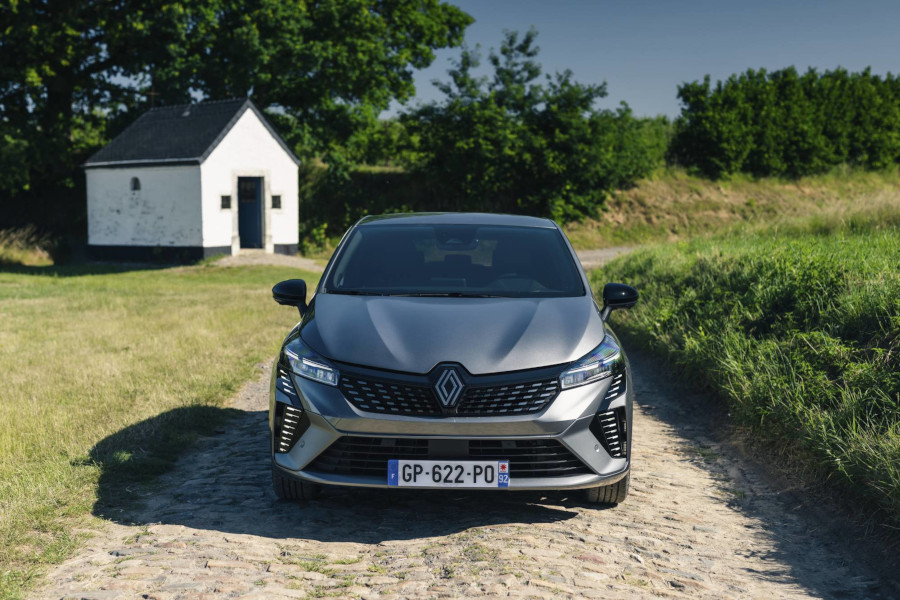Have you noticed that we’re living in an era where every election forces automakers to ask: Should we design for the planet or the polls?
The automotive industry’s policies seem to sway in whichever direction the administration is taking.
But what does that mean for us, the everyday people caught in the middle?
We argue that holding onto your old car might be the most practical and strategic choice you can make.
Unpredictable Regulations and Policies
When the Biden administration came to power, they pushed for aggressive electric vehicle (EV) targets to combat climate change.
Now President-elect Trump has expressed intentions to scale back these regulations.
So, to electrify or not to electrify?
Well, why not hold onto your current car and sidestep the risk of investing in a new vehicle that may soon become obsolete or less cost-effective under revised rules?
Cost-Effectiveness
While EVs and hybrids are marketed as long-term savings options, the initial purchase price remains significantly higher than that of maintaining an older, gasoline-powered car.
Even with tax credits like the $7,500 incentive, these benefits are uncertain under new leadership. Furthermore, maintaining an older vehicle is often less expensive than dealing with the potential repair costs of newer, technology-heavy models.
Carbon Credit Complexities
The push toward EVs comes with an emphasis on carbon credits, which automakers can sell or purchase to meet emission standards.
Tesla, for instance, has profited billions from this system. However, these credits indirectly inflate the cost of new EVs and hybrids for consumers, as manufacturers pass compliance expenses down the line.
Don’t you think sticking with your current car avoids the hidden costs embedded in new vehicle pricing?
Resilience Against Market Fluctuations
The automotive market is volatile, influenced by global supply chain disruptions, fluctuating fuel prices, and evolving consumer demand.
Automakers are investing billions in EV infrastructure, but many still sell these vehicles at a loss.
If the pace of EV adoption slows, the resale value of new EVs may plummet, leaving owners with depreciating assets. Your old car, fully paid for and familiar, shields you from these market dynamics.
Also, while EVs reduce tailpipe emissions, the environmental impact of manufacturing new vehicles, particularly their batteries, is substantial.
Extending the life of your current car aligns with the principles of sustainability by reducing the demand for resource-intensive production processes.




Recent Comments